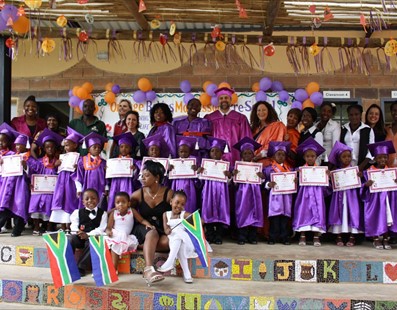
Charity Overview
Zambia is one of the world’s poorest countries where over two thirds of people live on less than £1 per day. Build It International works directly with local communities, giving people the skills they need to provide for themselves and their families, whilst also creating access to essential facilities such as schools and clinics.
.jpg?w=580&h=350&mode=crop&stretch=both)
Project Summary
With a donation from ICAP Charity Day in 2010, Build IT International constructed a vital health facility in Nchute, Zambia which will serve a large local population. Although Nchute is only 50 km from the capital, Lusaka, before Build It’s support there was a severe lack of health facilities available in the area.
Thanks to ICAP’s support we have been able to provide access to proper healthcare for over 2,500 people and the new clinic is now thriving. The community is making full use of the new facility which offers a range of services, including malaria testing, HPV vaccinations (Human Papilloma Virus, to protect against cervical cancer), and HIV & AIDS testing.Lucy Ruff, Senior Fundraising Manager, Build it International.
Imagine having to walk over eight hours to see a doctor. Many people in Zambia have to. Health facilities are limited in the country, and a staggering 48 new-borns and eight women die during childbirth every day. These shocking statistics are particularly important as the new clinic in Nchute will serve as a base for outreach work in public health and maternal child healthcare.
Thanks to the support of ICAP, the charity was able to work with the Nchute community to build a new health post, improving access to health services for over 2,500 people. The clinic provides all basic primary care facilities, services for under-fives and pregnant women, together with a small maternity ward.
The finished clinic is operated and maintained by the Ministry of Health in Chongwe District, however, the local community was very involved in the planning and design of the clinic, ensuring that the building had the correct features and layout. This project has also helped the local community in other ways – for example thirteen trainees were selected to help build the clinic and learn key building skills, as part of Build IT International’s Training Into Work programme. The interlocking stabilised soil blocks and the roof tiles were made on site using local materials and hand-operated machines. These trainees not only have the satisfaction of having helped to build the new clinic, but also gained experience, advice and equipment, enabling them to enter employment within the construction sector.

